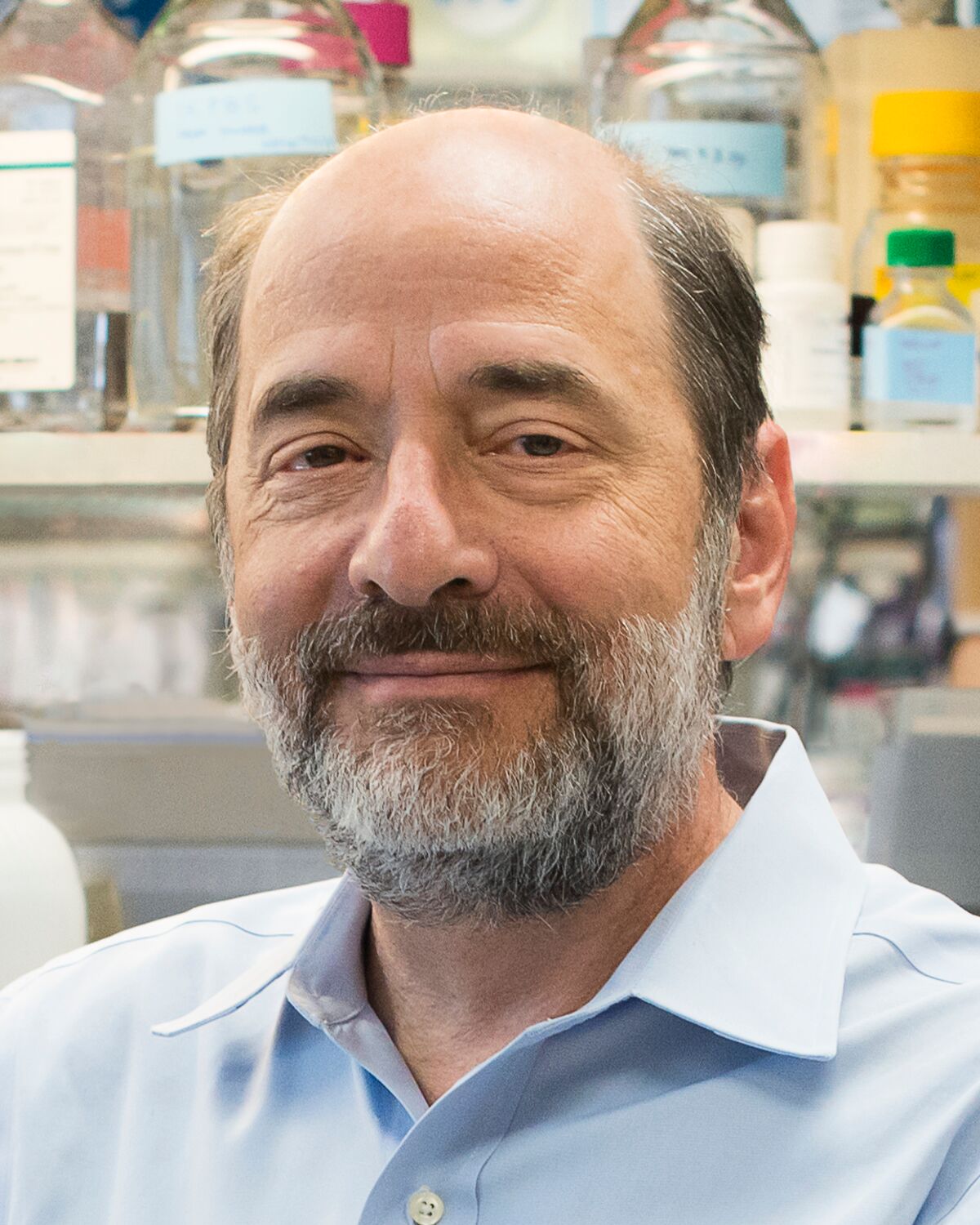
Michael Greenberg, Ph.D.
How Experience Shapes Gene Expression & Connectivity in the Brain
Our interactions with the outside world trigger changes in neurons that are critical for proper brain development and higher cognitive function. Experience-driven neuronal activity shapes gene expression in ways that promote the maturation and refinement of neural circuits.
The Greenberg lab studies precisely how, at a molecular level, neuronal activity controls gene expression and connectivity in the brain. A number of human brain developmental disorders, including autism and Rett syndrome, have now been linked to abnormalities in experience-driven brain pathways. Our lab studies the underlying basis of such neurological disorders.
Beginning in the mid-1980s, with the appreciation that growth factors trigger rapid transcription of an important activity-responsive gene called Fos, we have focused on elucidating the nature and role of neuronal transcriptional programs triggered by extracellular stimuli. In this effort, we have discovered various signaling pathways that convey neurotrophin and calcium-dependent signals from distal synapses (far from the cell body) to the nucleus of neurons, where transcription occurs. We have also studied the role of these activity-regulated transcriptional programs in modulating the plasticity of brain circuits.
Given the strong links between these processes and various human disorders of cognitive function, we continually seek to exploit our molecular insights to advance understanding of clinically relevant neurological conditions. Current projects in the lab include studies of sensory-driven circuit development, the role of enhancer elements in activity-dependent transcriptional responses, human-specific molecular neurobiology and the function of MeCP2, the gene mutated in Rett syndrome.
Mol Cell Biol
View full abstract on Pubmed
Science
View full abstract on Pubmed